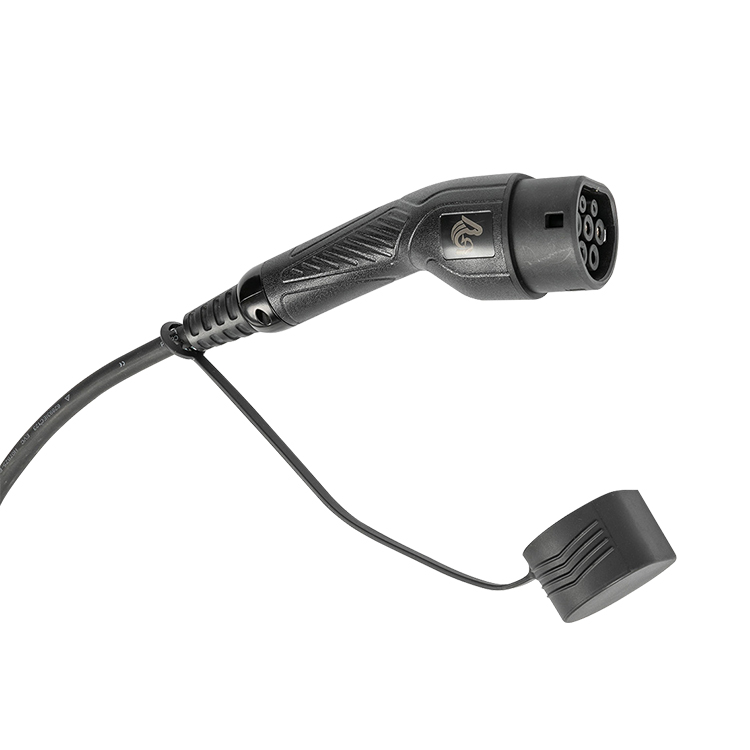How Does the Right EV Charging Cable Power a Greener Future?
2024-12-26
As the world shifts towards sustainable energy solutions, electric vehicles (EVs) are becoming a cornerstone of the transition to a greener future. However, one critical component often overlooked in this revolution is the EV charging cable. How does it impact charging efficiency, convenience, and the overall EV experience? Let’s dive into the role of EV charging cables and why choosing the right one is crucial for a sustainable future.
What Is an EV Charging Cable?
An EV charging cable is the connection between your electric vehicle and the power source. It ensures the safe and efficient transfer of electricity, enabling your EV to charge reliably. These cables come in different types, lengths, and power capacities to suit various charging needs, whether at home, work, or public charging stations.
Why Is the EV Charging Cable Important?
1. Efficient Energy Transfer
A high-quality charging cable minimizes power loss and ensures faster charging, saving time and energy.
2. Safety Assurance
Premium cables are designed with safety features to prevent overheating, short circuits, and other electrical hazards.
3. Compatibility
The right cable ensures compatibility with your EV’s charging port and the power source, whether it’s AC or DC charging.
4. Durability
A durable cable withstands frequent use and harsh weather conditions, offering long-term reliability.
5. Convenience
Longer cables and portable designs provide flexibility, making it easier to charge in different locations.
Types of EV Charging Cables
1. Mode 2 Charging Cables
- Suitable for home use.
- Plugged directly into a standard household outlet.
- Ideal for slower overnight charging.
2. Mode 3 Charging Cables
- Used at dedicated EV charging stations.
- Provides faster charging compared to Mode 2.
- Common for public and workplace charging.
3. Mode 4 Charging Cables
- Designed for DC fast charging.
- Built into the charging station.
- Significantly reduces charging time, ideal for long journeys.
What Should You Consider When Choosing an EV Charging Cable?
1. Cable Length
- Longer cables offer greater flexibility but can be bulkier to carry.
- Consider the typical distance between your EV and charging source.
2. Power Rating
- Match the cable’s power rating with your EV’s charging capacity to ensure optimal performance.
3. Connector Type
- Ensure compatibility with your vehicle’s charging port (Type 1, Type 2, CCS, or CHAdeMO).
4. Build Quality
- Look for robust materials and weatherproof designs for durability and safety.
5. Portability
- Compact and lightweight cables are easier to store and transport.
How Does an EV Charging Cable Enhance the EV Experience?
1. Seamless Charging Anywhere
With a portable and compatible cable, you can charge your EV at home, work, or public stations effortlessly.
2. Reduced Range Anxiety
A reliable charging cable ensures you’re always prepared to top up your battery, alleviating concerns about running out of power.
3. Cost Efficiency
Home charging with the right cable can be more economical compared to relying solely on public charging stations.
4. Environmental Impact
Efficient cables reduce energy waste, contributing to the overall sustainability of EV usage.
Is the EV Charging Cable Evolving with Technology?
Absolutely. With advancements in EV technology, charging cables are becoming smarter, faster, and more efficient. Features like app integration, real-time monitoring, and wireless charging are redefining the charging experience, making it even more convenient for users.
Conclusion
The EV charging cable is more than just a connector; it’s a critical component that powers the transition to a cleaner, greener future. Choosing the right cable ensures efficiency, safety, and convenience, ultimately enhancing your EV experience.



